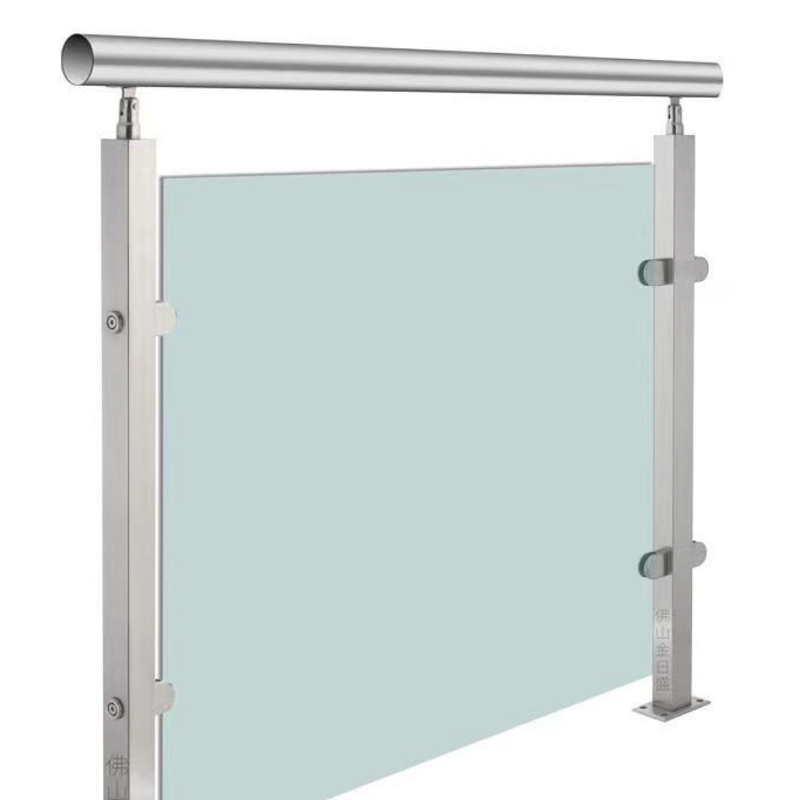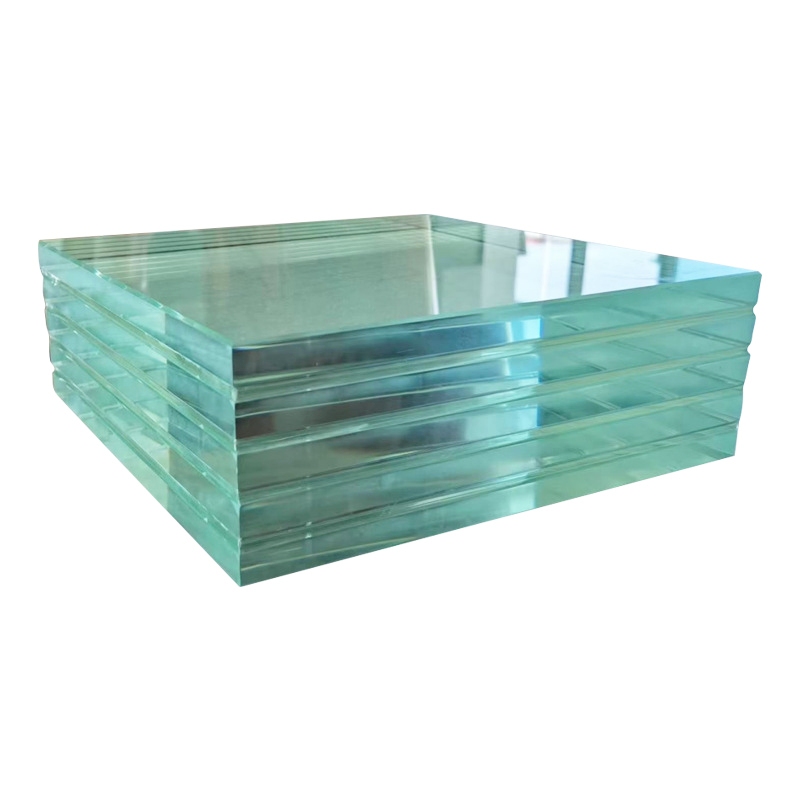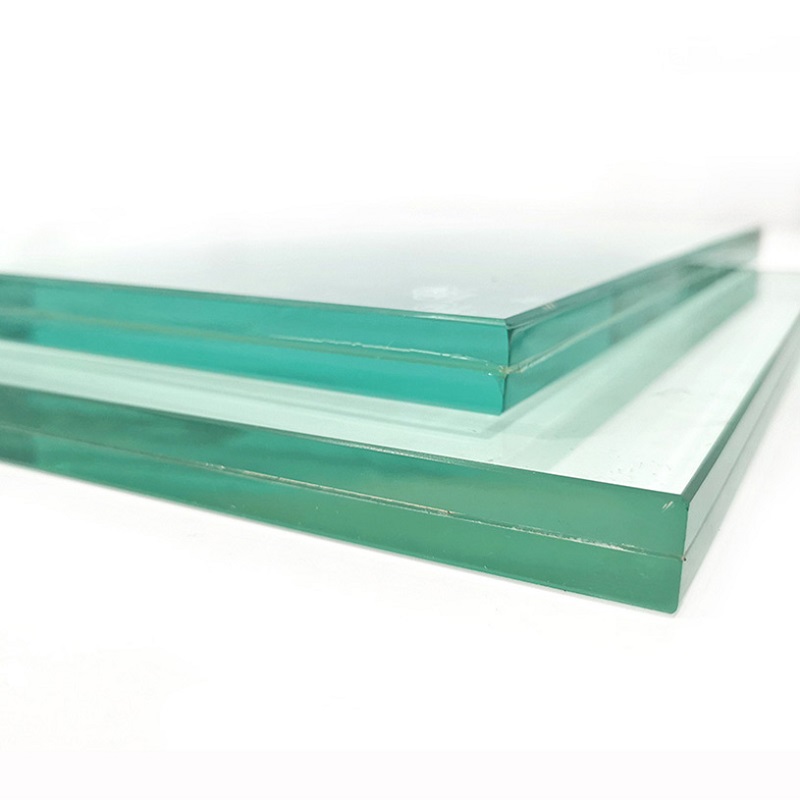Introduction
Amidst the U.S.-China trade war, the U.S. glass industry, particularly in the segments of photovoltaic glass, tempered glass, and architectural glass, is confronted with a series of challenges. This article will delve into the impact of the trade conflict on these specific markets and analyze its long-term implications for the industry.
Background of U.S. Tariffs on China
The U.S. imposition of additional tariffs on Chinese goods, driven by concerns over national security and intellectual property protection, has had a ripple effect on the U.S. glass industry, which relies heavily on imported raw materials.
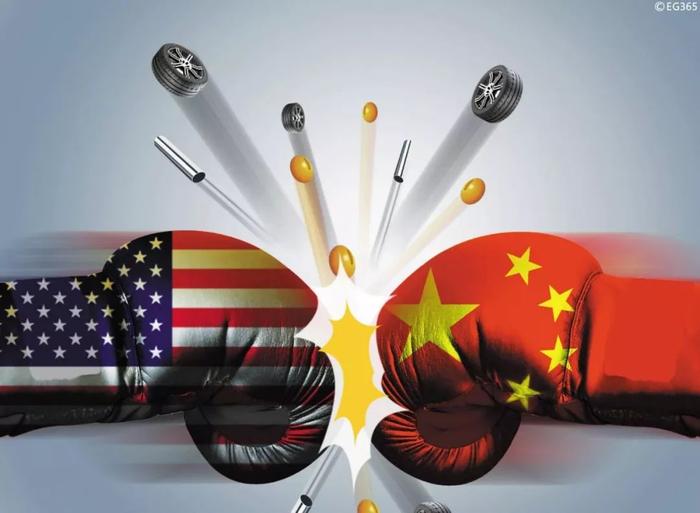
Impact Analysis
Photovoltaic Glass Photovoltaic glass, a crucial component of solar panels, has seen its costs rise due to the trade war, directly affecting the development of the U.S. solar energy industry. The increase in tariffs has led to higher prices for photovoltaic glass, undermining the feasibility and competitiveness of solar projects.
Tempered Glass Tempered glass, widely used in the automotive, construction, and furniture industries, has experienced increased costs due to the trade conflict. U.S. manufacturers have had to raise product prices or seek alternative materials, affecting their market competitiveness.
Architectural Glass The architectural glass market has also felt the pressure of the trade war. The increased tariffs on imported architectural glass from China have not only impacted the cost-effectiveness of construction projects but also posed challenges to the stability of the supply chain in the construction industry.
Voices from Businesses and Consumers
Businesses and consumers in the U.S. glass industry generally oppose the additional tariffs. They argue that the tariffs have not only increased production costs but also affected the market competitiveness of their products and the purchasing power of consumers.
Disruption of Global Trade Order
The U.S.-China trade war has disrupted the global trade order. The International Monetary Fund (IMF) warns that the trade conflict could jeopardize global trade and economic growth, negatively affecting various sectors, including the glass industry.
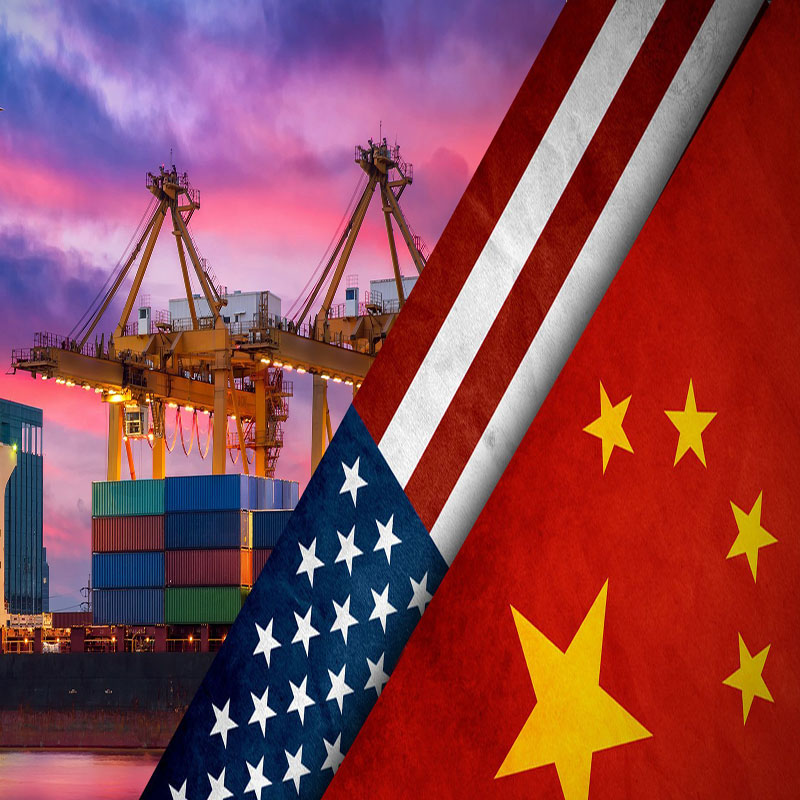
Policy Recommendations and Outlook
The U.S. government should consider adopting more flexible and open trade policies, lifting the additional tariffs on China, and returning to a rules-based multilateral trading system. This would not only help alleviate the difficulties faced by the U.S. glass industry but also promote the stability and development of the global economy.
Conclusion
The U.S.-China trade war has had profound effects on the U.S. glass industry, particularly in the areas of photovoltaic glass, tempered glass, and architectural glass. Facing these challenges, the U.S. glass industry requires support and wise policy guidance from the government to adapt to changes in the global market and maintain its competitiveness and sustainable development. At the same time, the U.S. and China should seek ways to resolve trade disputes through dialogue and cooperation to jointly maintain the stability of the global trade order.


